Alien Information Theory Psychedelic Drug Technologies and the Cosmic Game Andrew R Gallimore
Visit to download the full and correct content document: https://textbookfull.com/product/alien-information-theory-psychedelic-drug-technologie s-and-the-cosmic-game-andrew-r-gallimore/

More products digital (pdf, epub, mobi) instant download maybe you interests ...
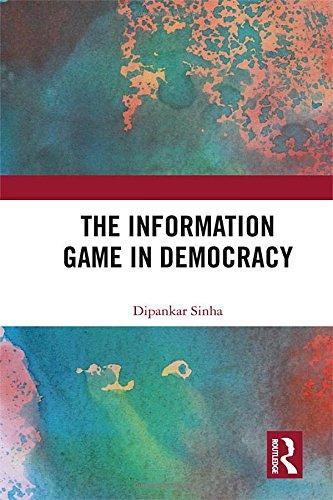
The
Information Game in Democracy 1st Edition Dipankar Sinha
https://textbookfull.com/product/the-information-game-indemocracy-1st-edition-dipankar-sinha/
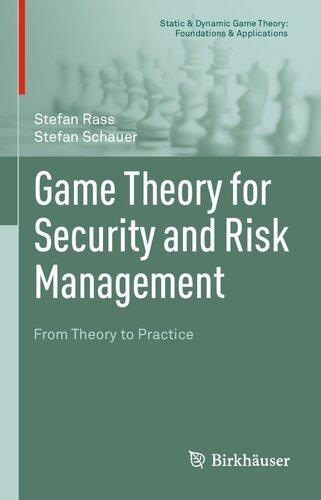


Game Theory for Security and Risk Management From Theory to Practice Static Dynamic Game Theory Foundations Applications Stefan Rass (Editor)
https://textbookfull.com/product/game-theory-for-security-andrisk-management-from-theory-to-practice-static-dynamic-gametheory-foundations-applications-stefan-rass-editor/
Making Games Better The Art and Process of Game Design and Development Andrew Mayer
https://textbookfull.com/product/making-games-better-the-art-andprocess-of-game-design-and-development-andrew-mayer/
Management Game Theory Shaorong Sun
https://textbookfull.com/product/management-game-theory-shaorongsun/

Poisoning & Drug Overdose Kent R. Olson (Ed.)
https://textbookfull.com/product/poisoning-drug-overdose-kent-rolson-ed/

Cosmic Frontiers News
https://textbookfull.com/product/cosmic-frontiers-news/

The Cosmic Puppets Philip K Dick
https://textbookfull.com/product/the-cosmic-puppets-philip-kdick/

Data-Centric Business and Applications: ICT SystemsTheory, Radio-Electronics, Information Technologies and Cybersecurity 1st Edition Tamara Radivilova
https://textbookfull.com/product/data-centric-business-andapplications-ict-systems-theory-radio-electronics-informationtechnologies-and-cybersecurity-1st-edition-tamara-radivilova/

Drug transporters Volume 2 Recent advances and emerging technologies Glynis Nicholls
https://textbookfull.com/product/drug-transportersvolume-2-recent-advances-and-emerging-technologies-glynisnicholls/

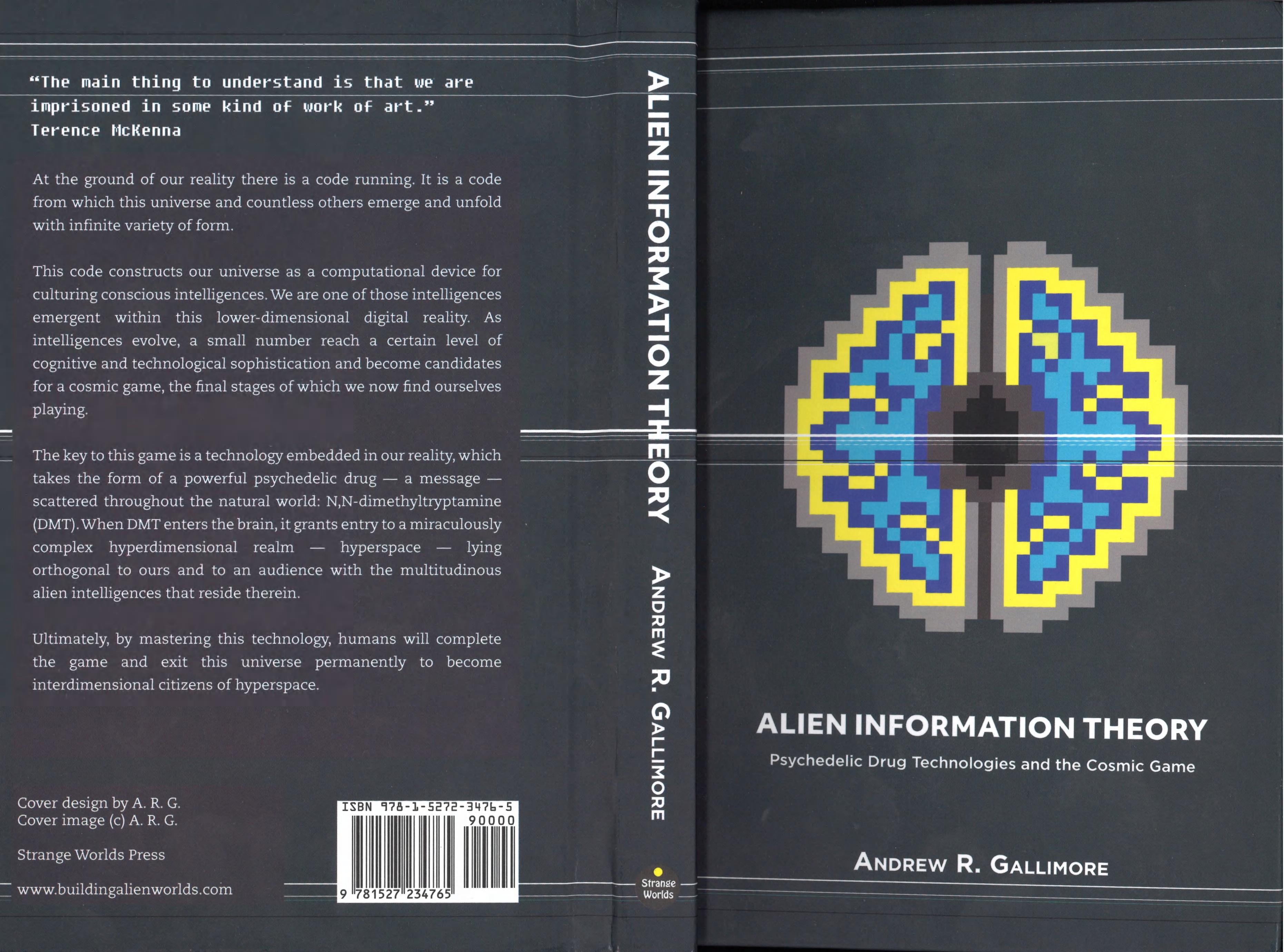




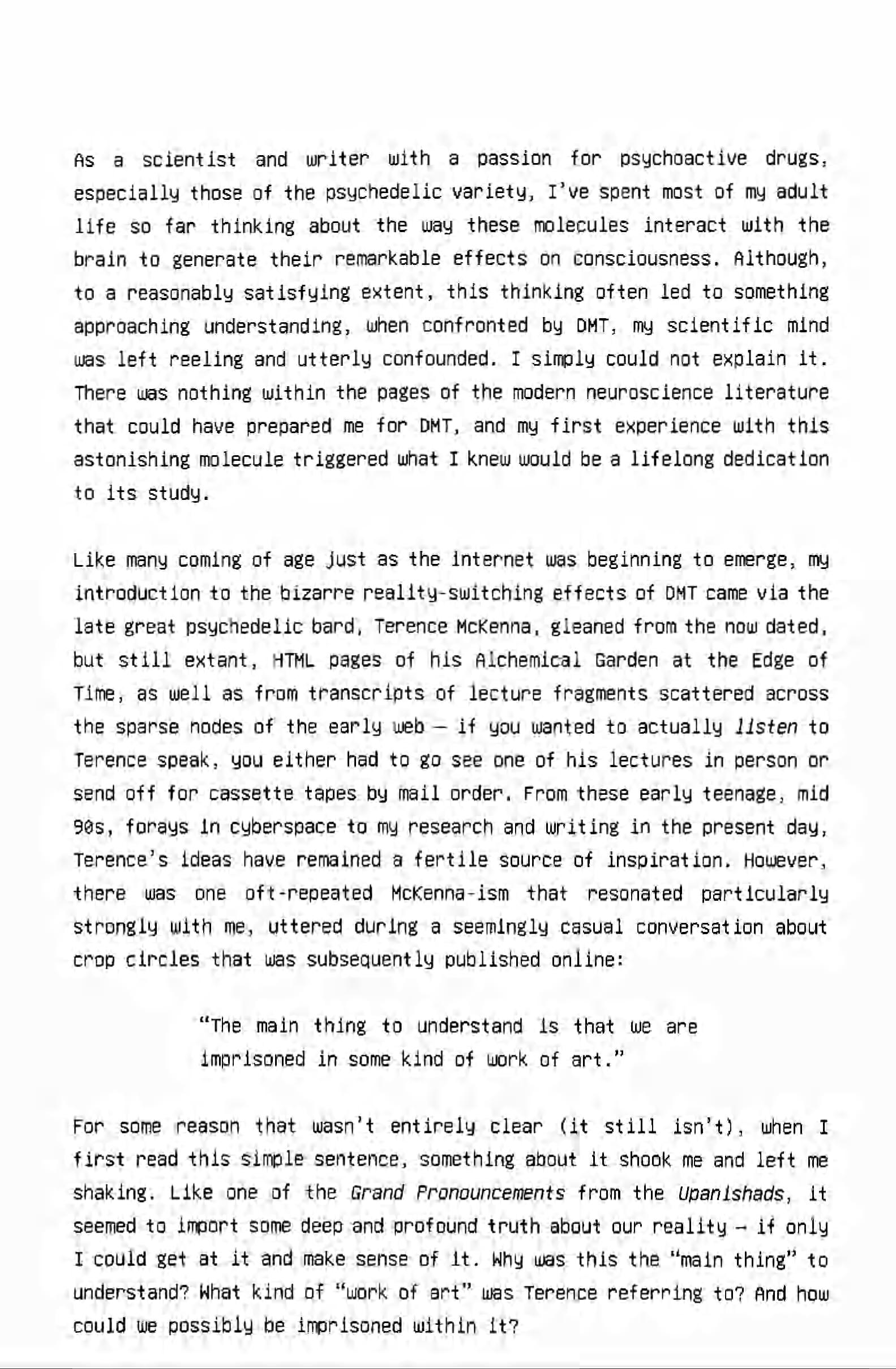




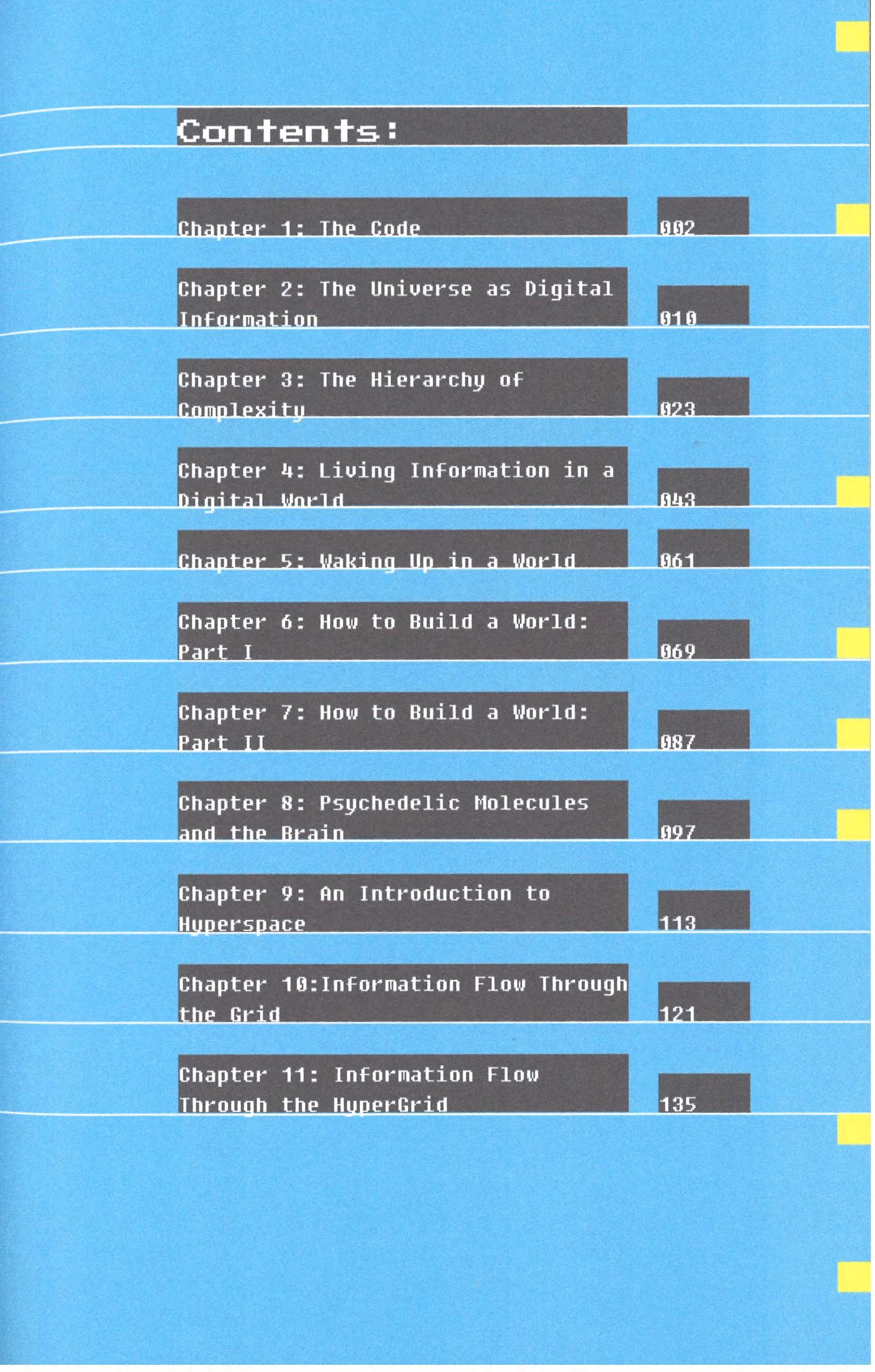

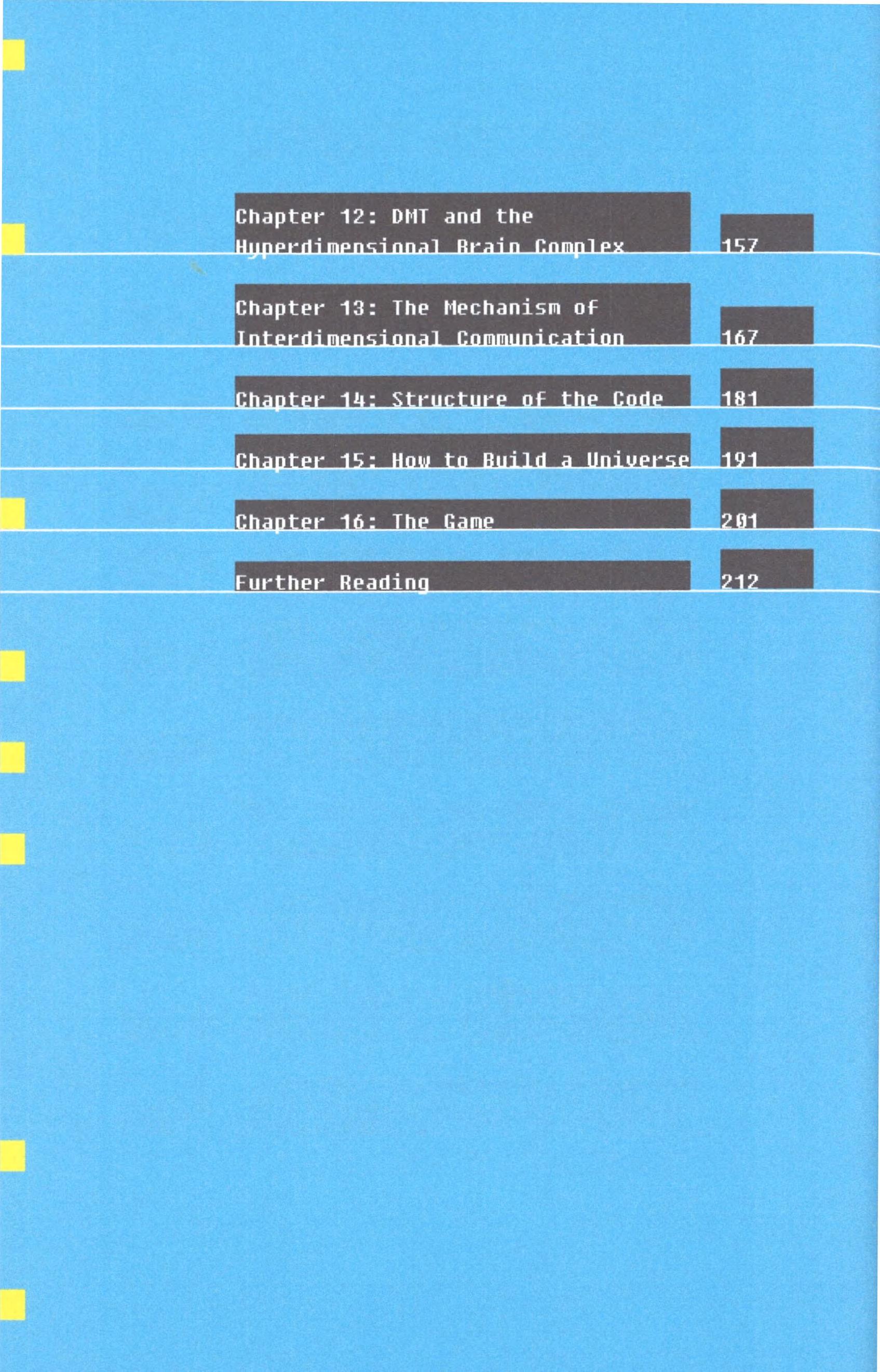



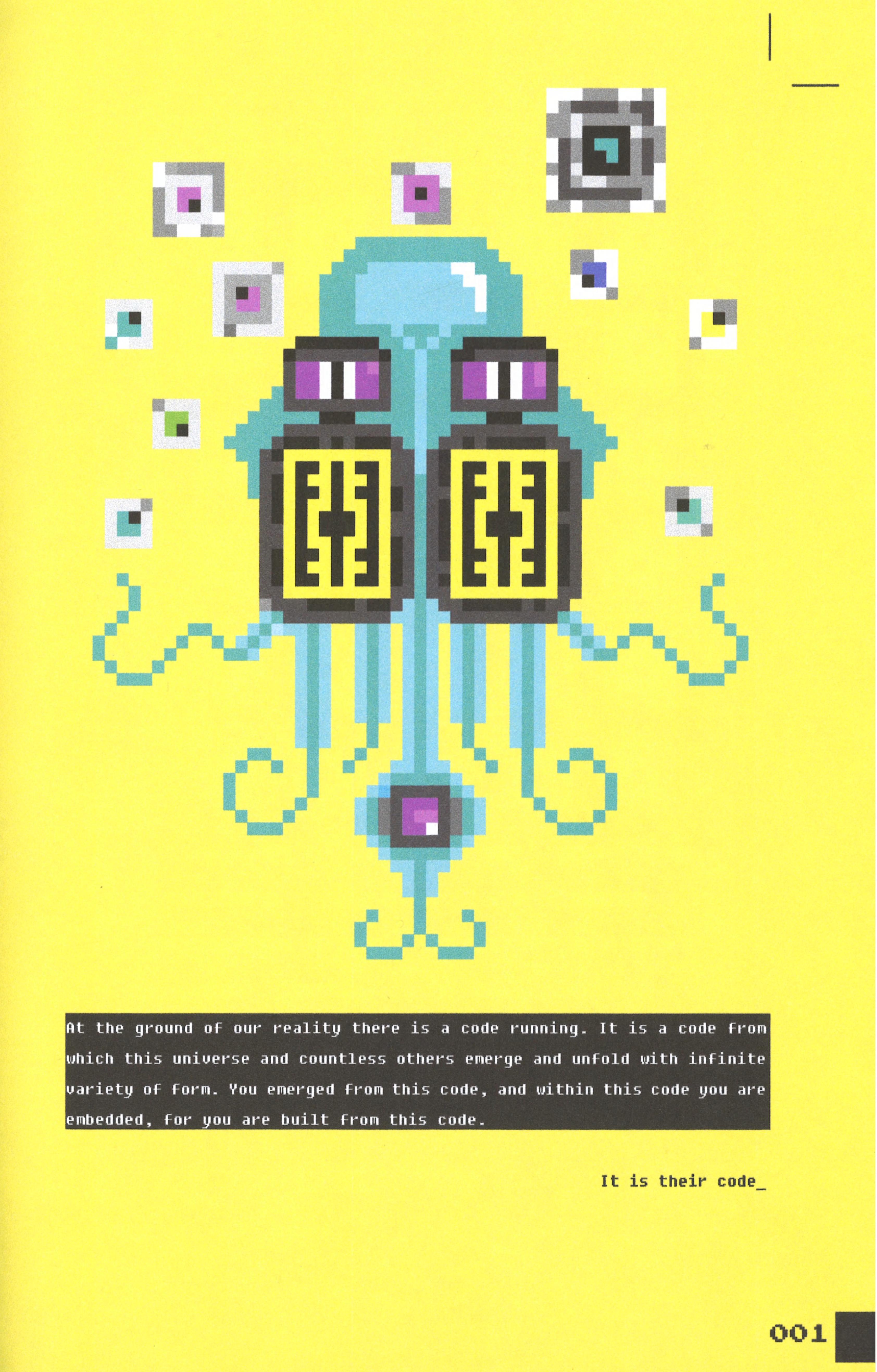

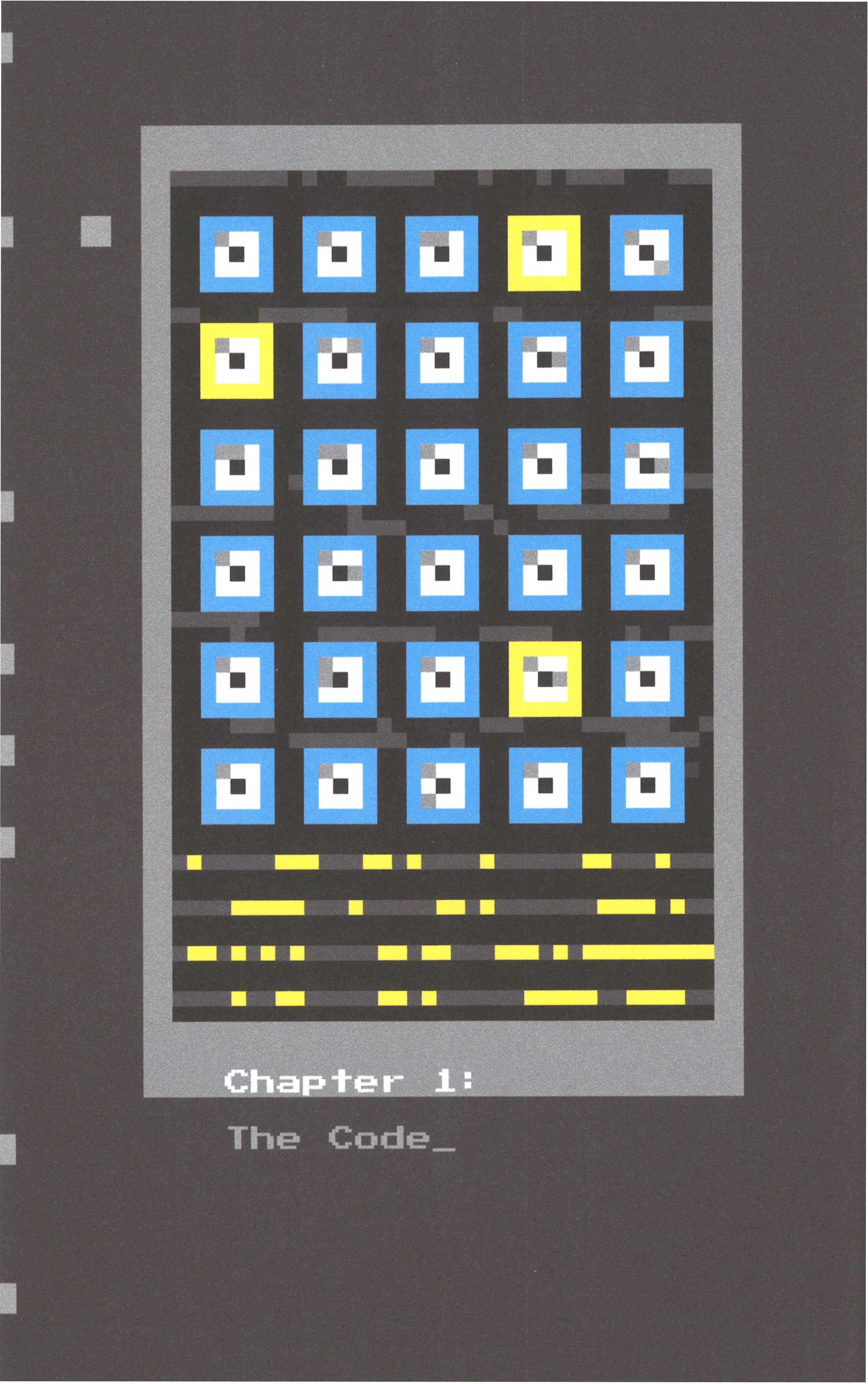

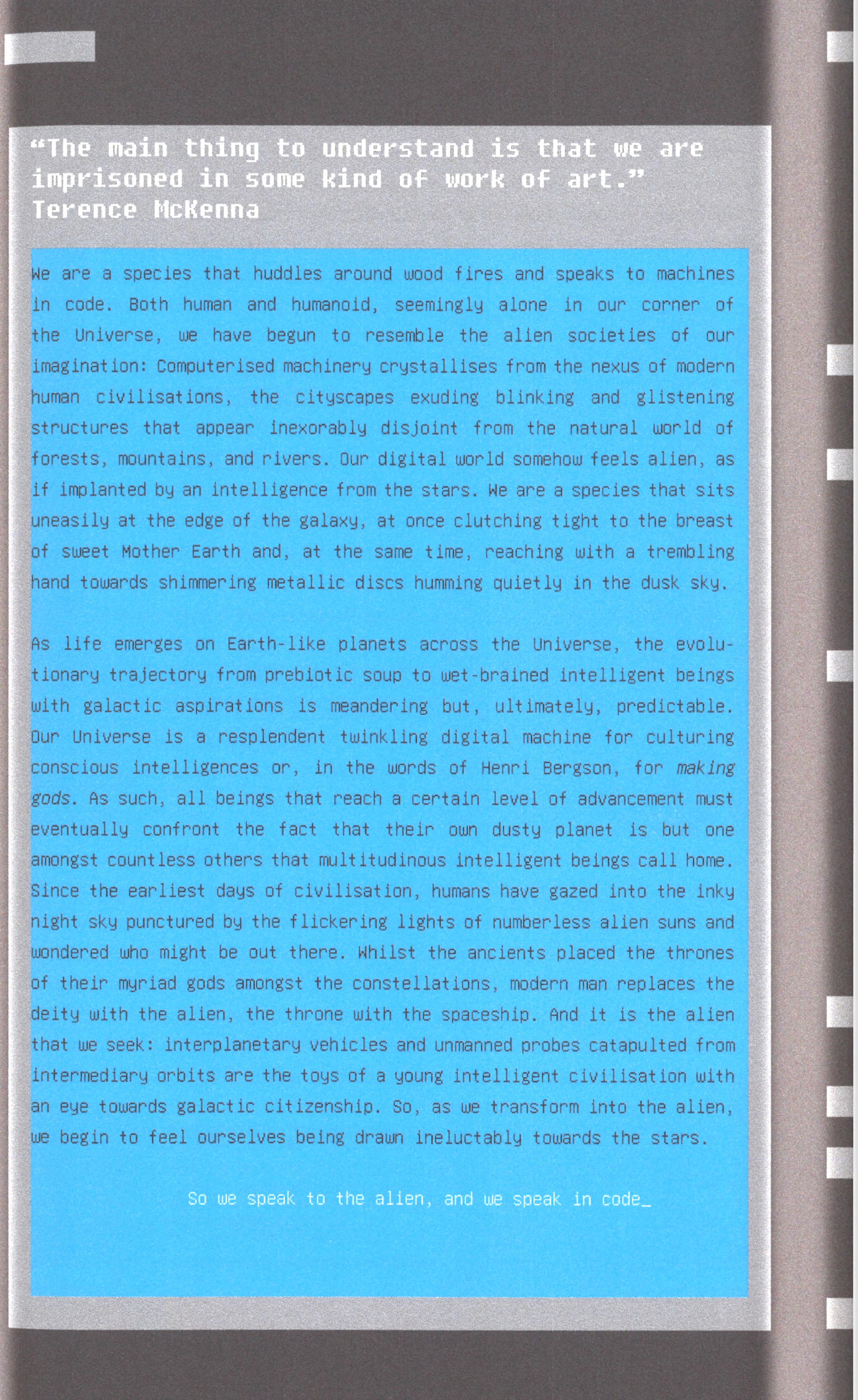

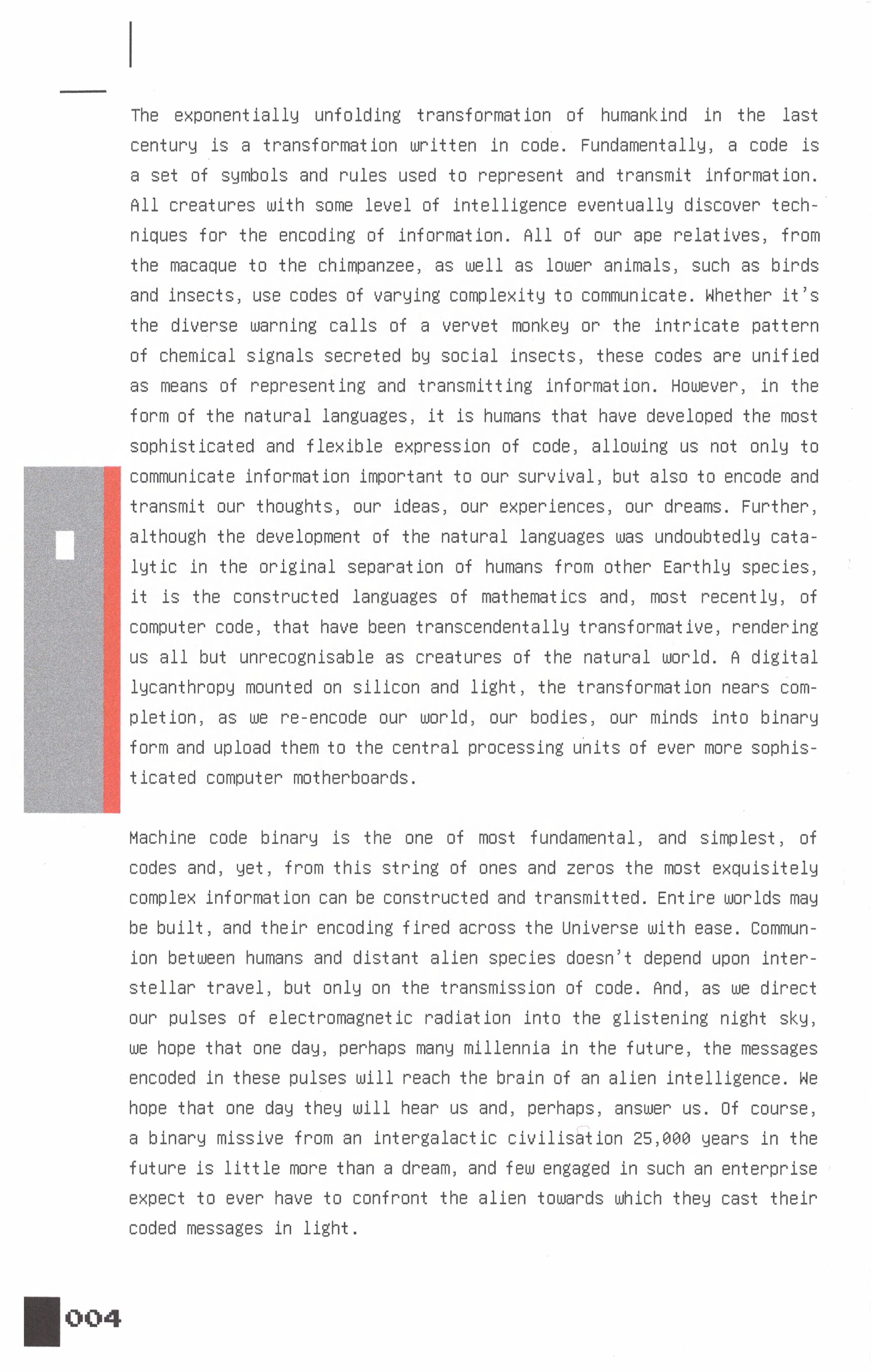

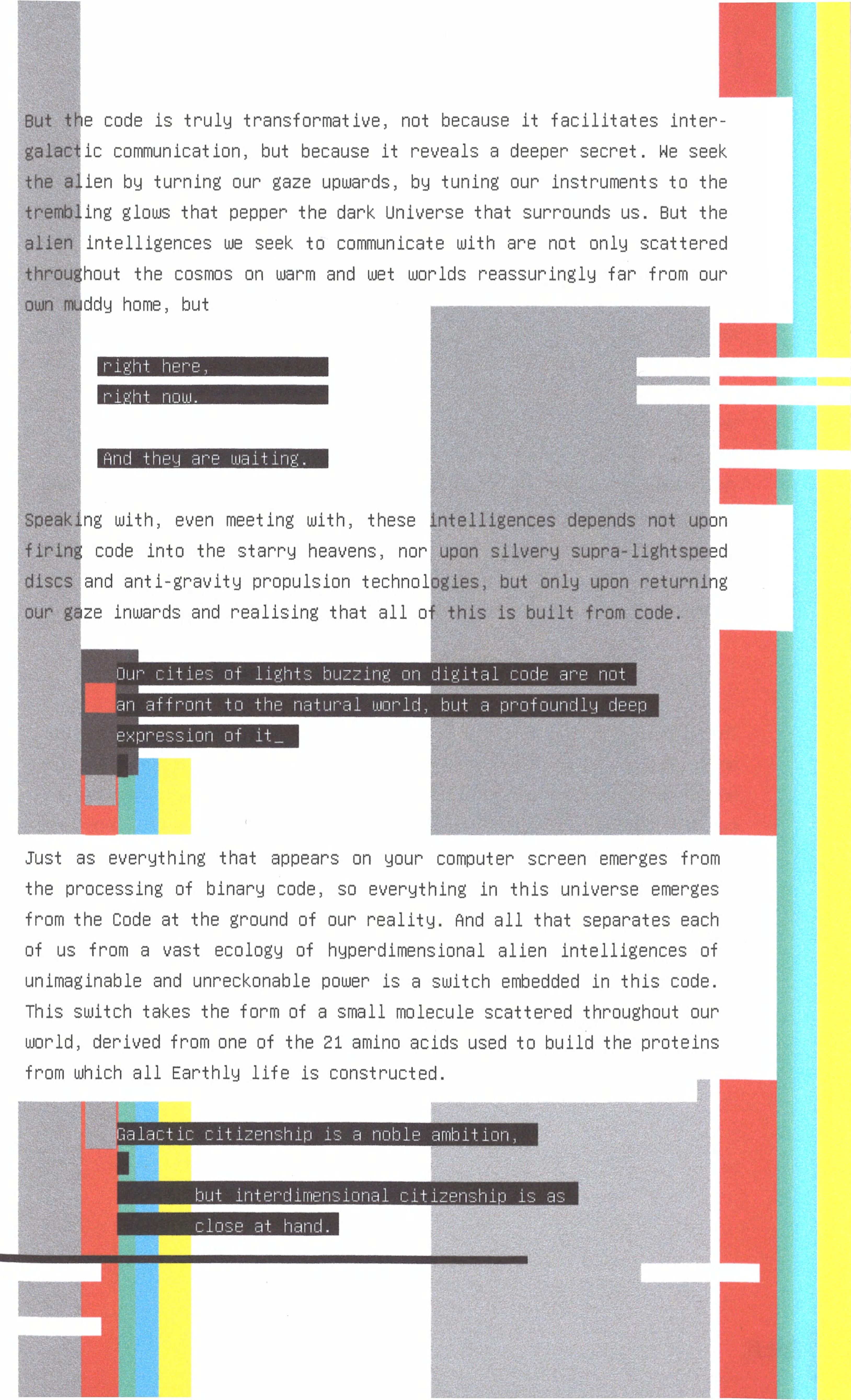


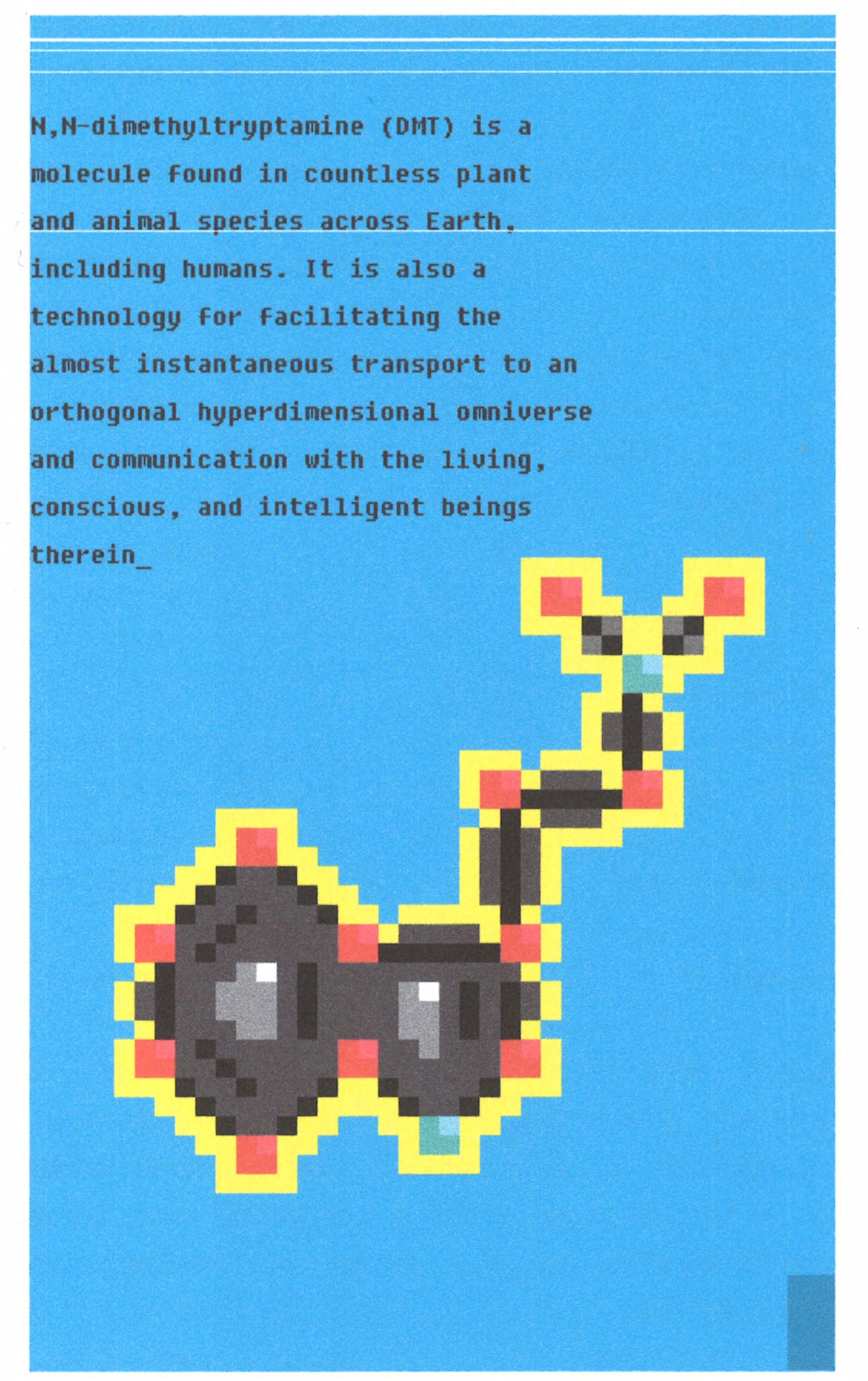
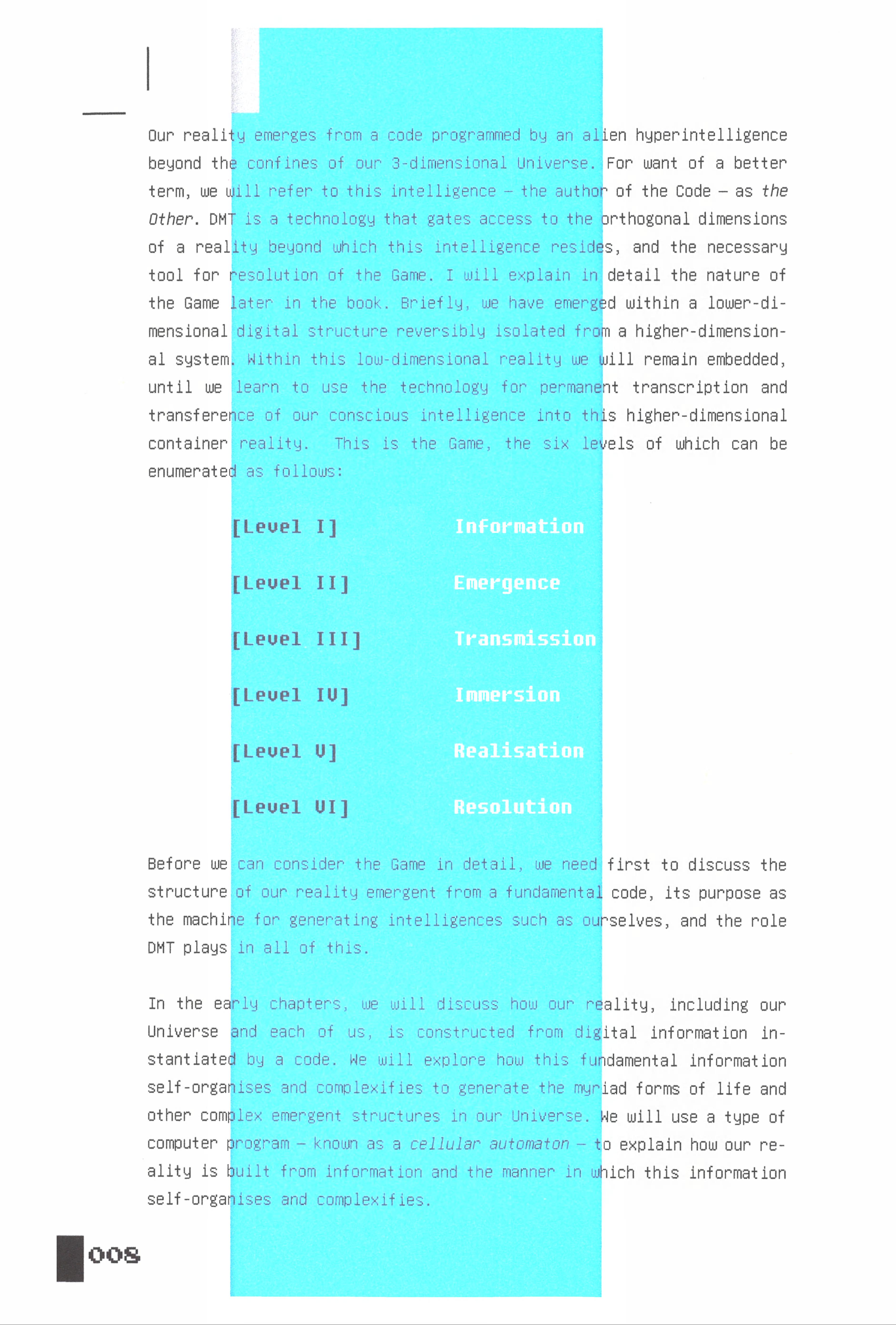

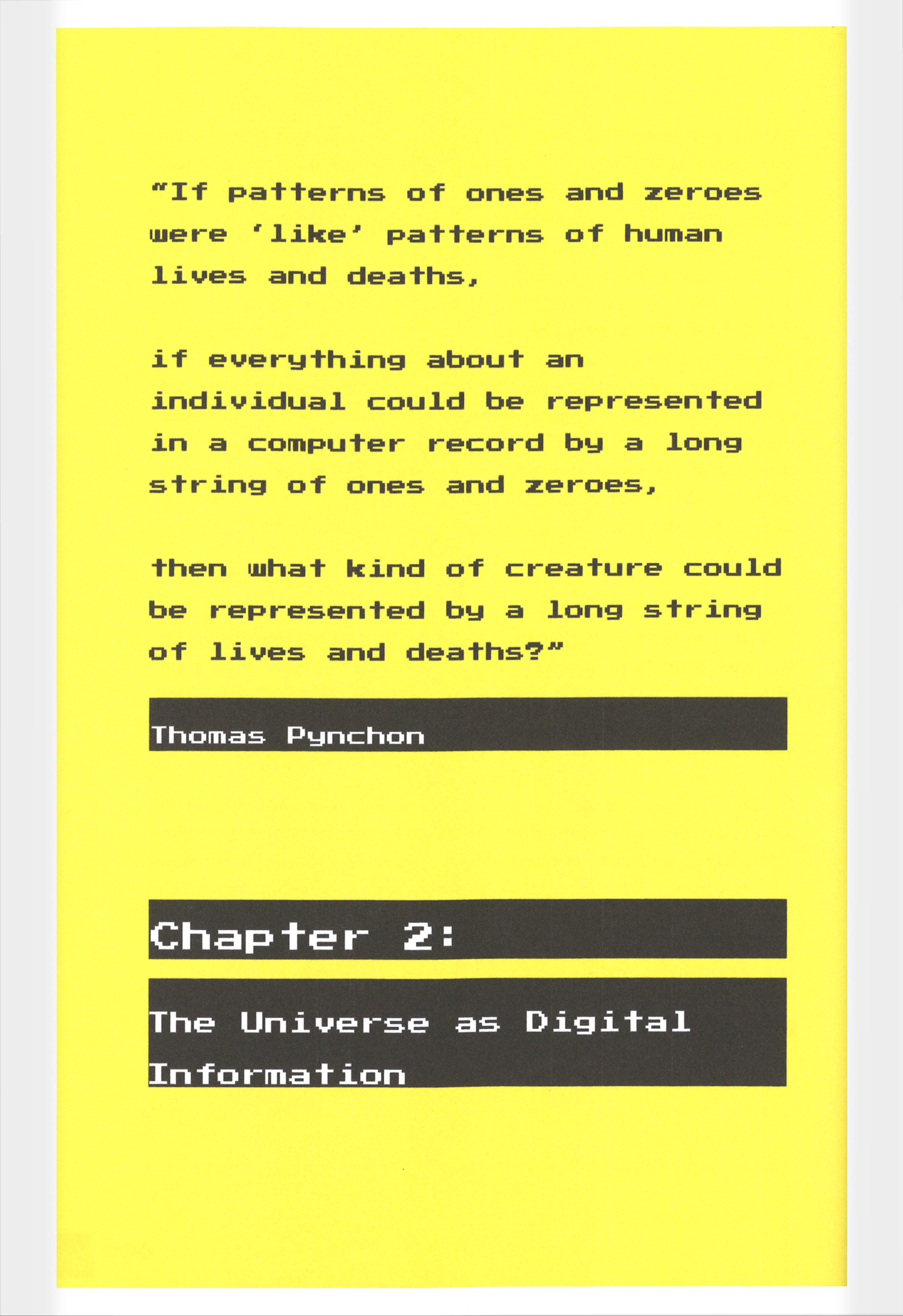
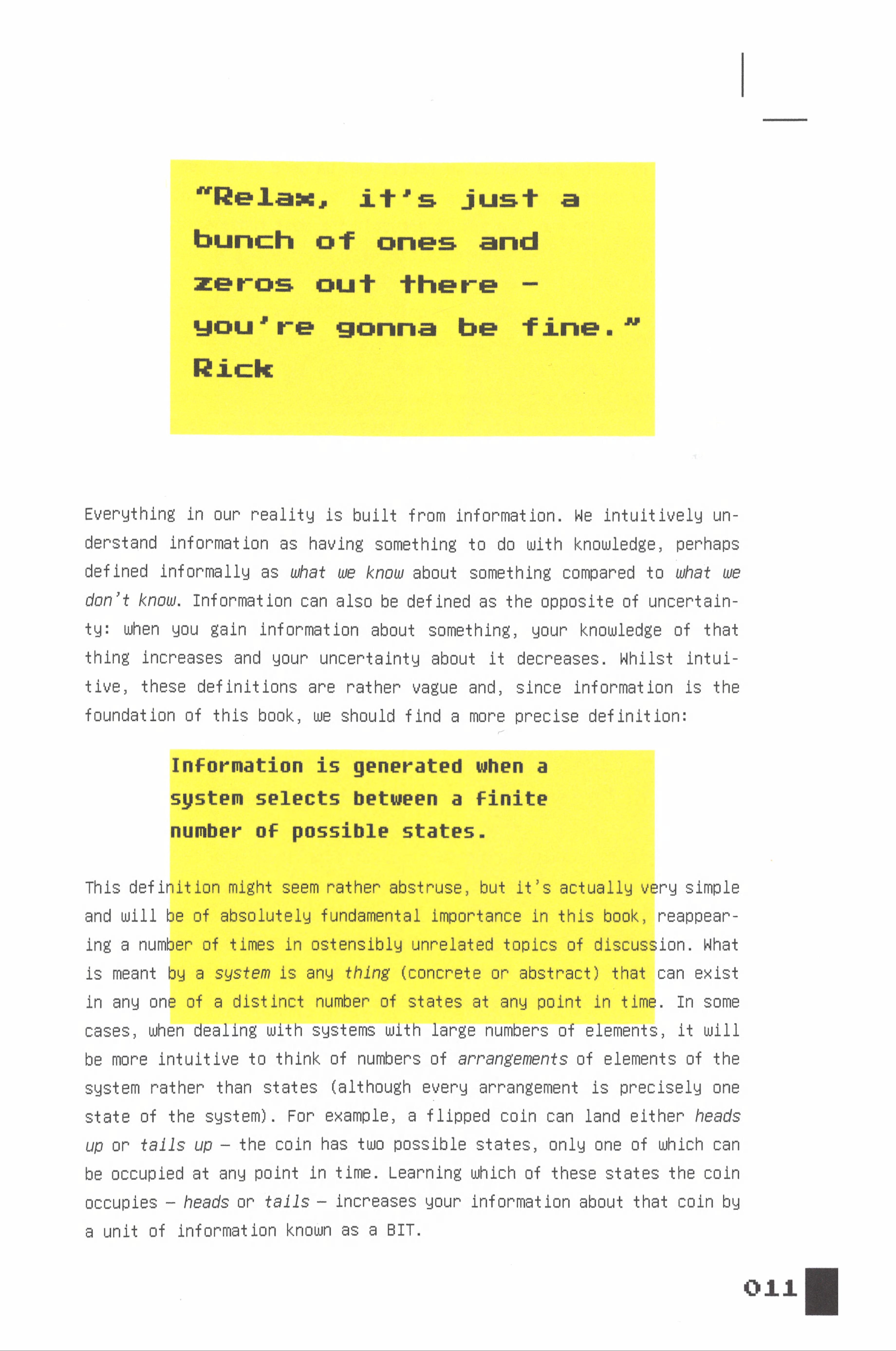
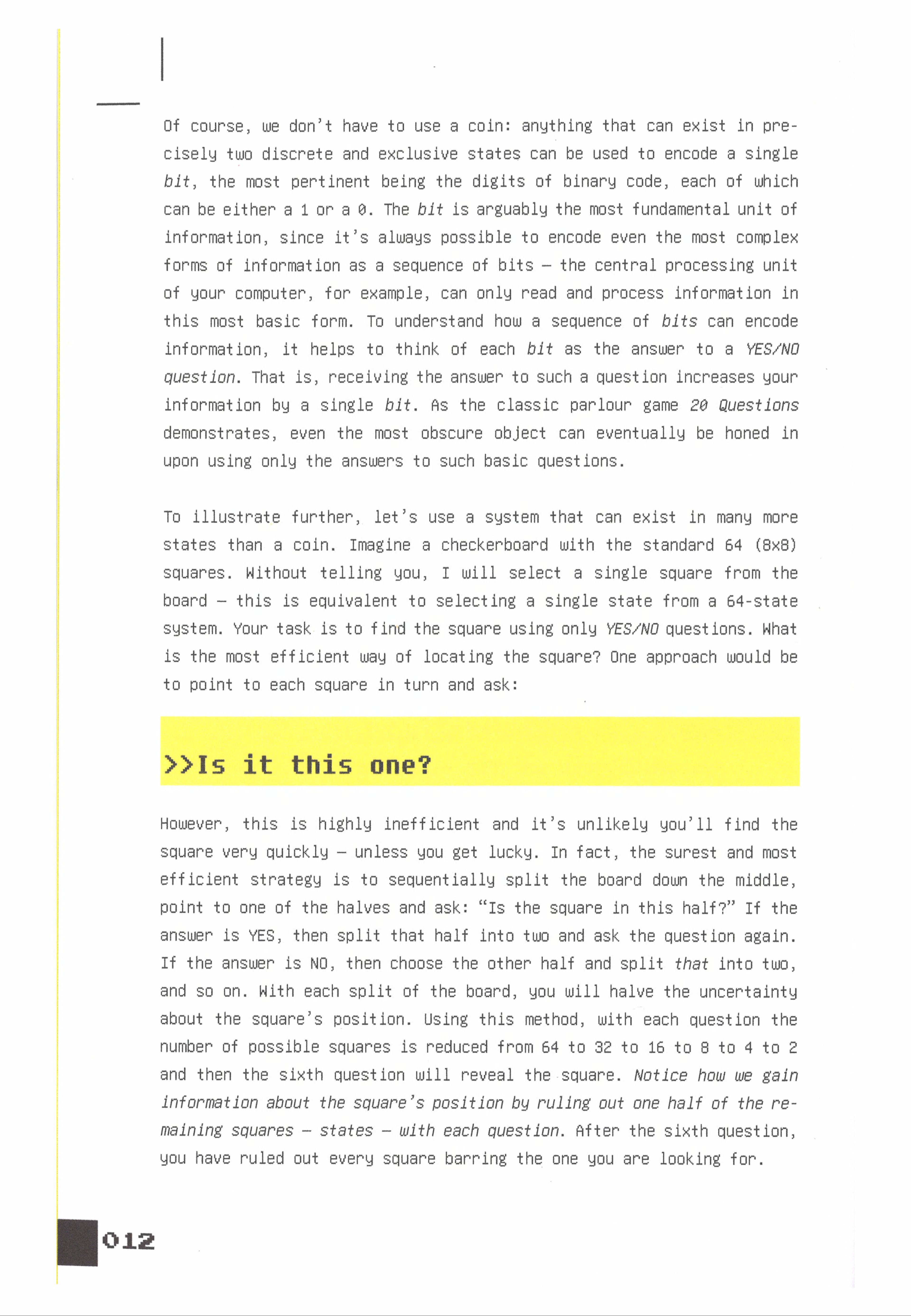

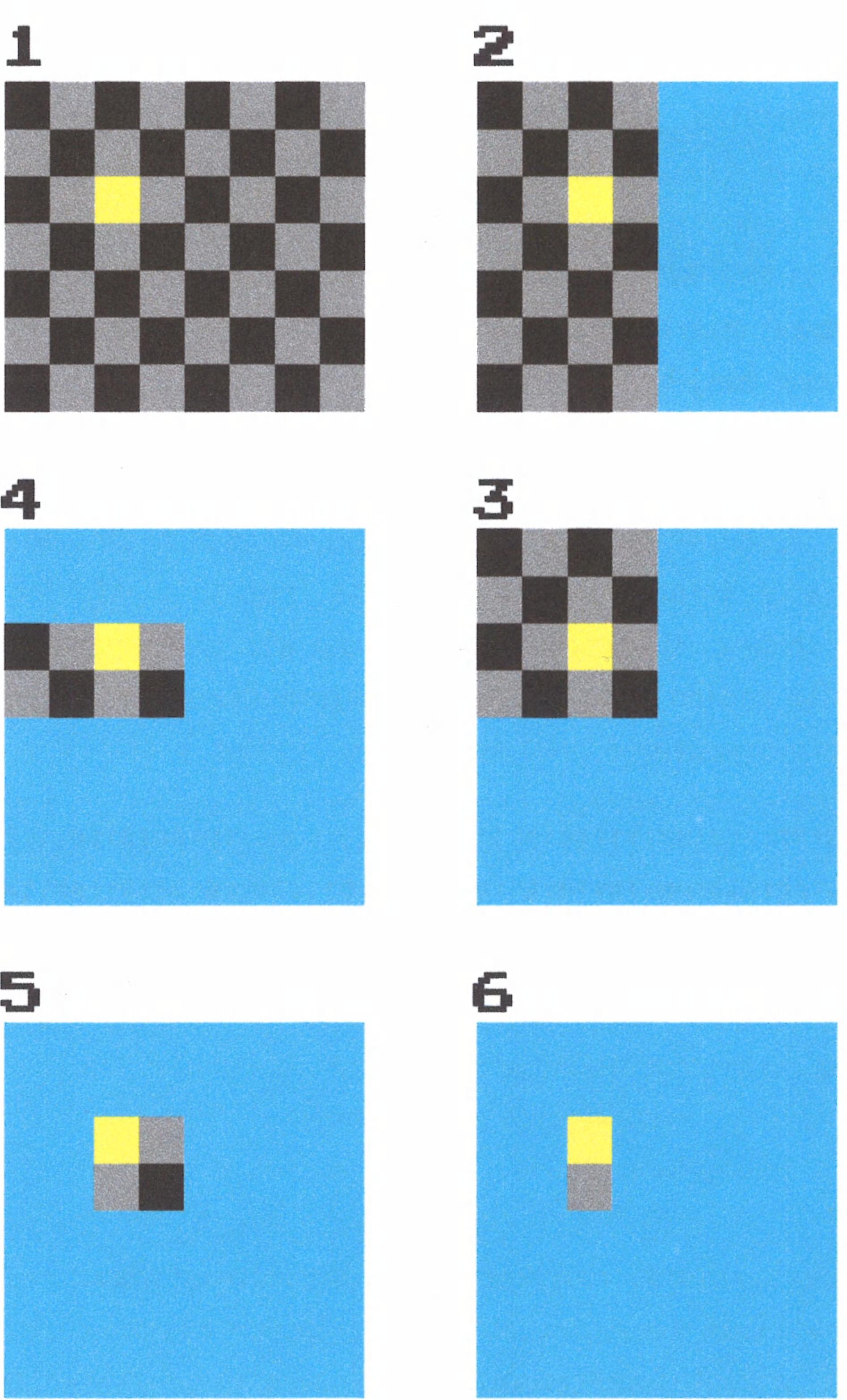

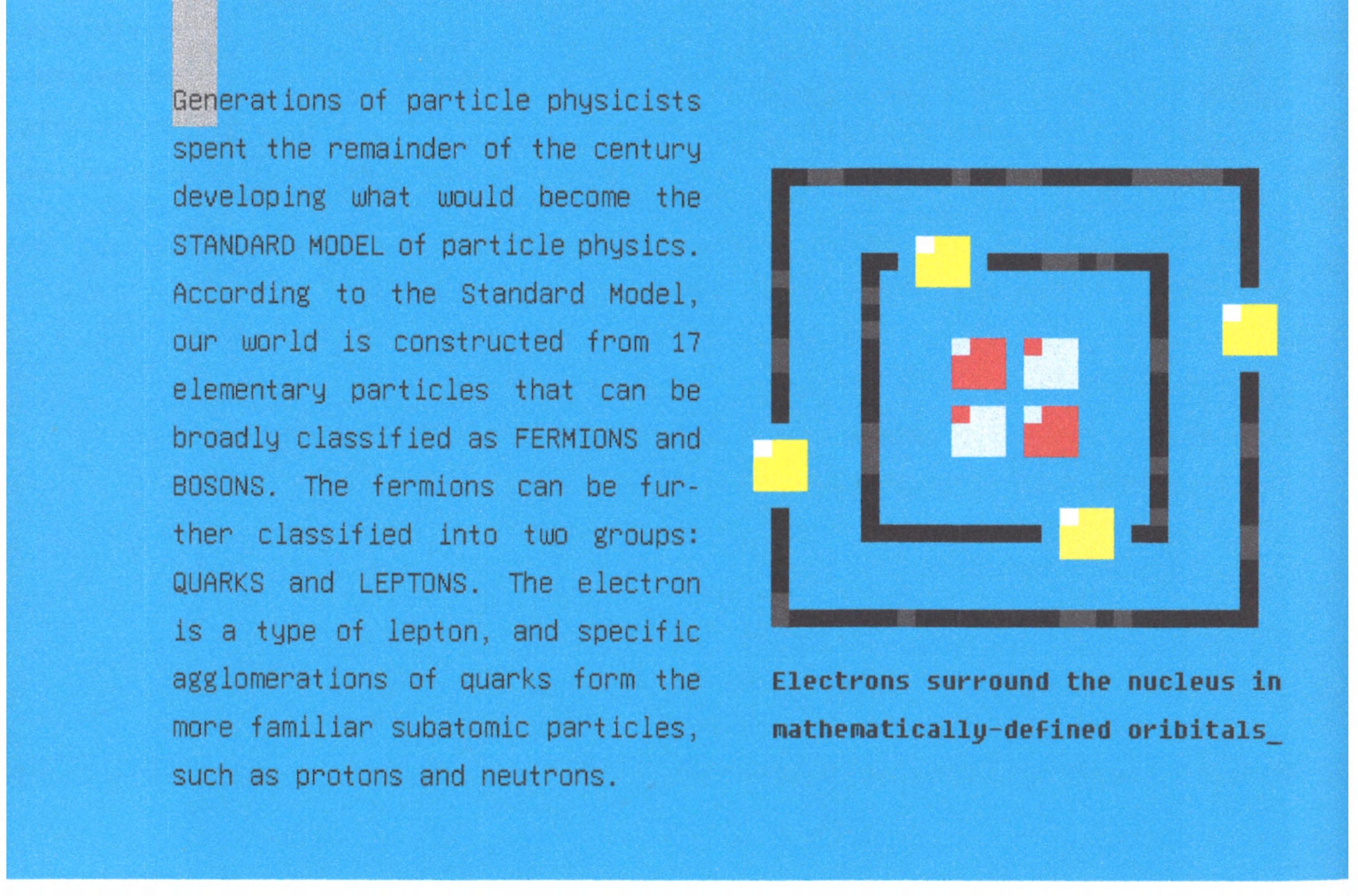


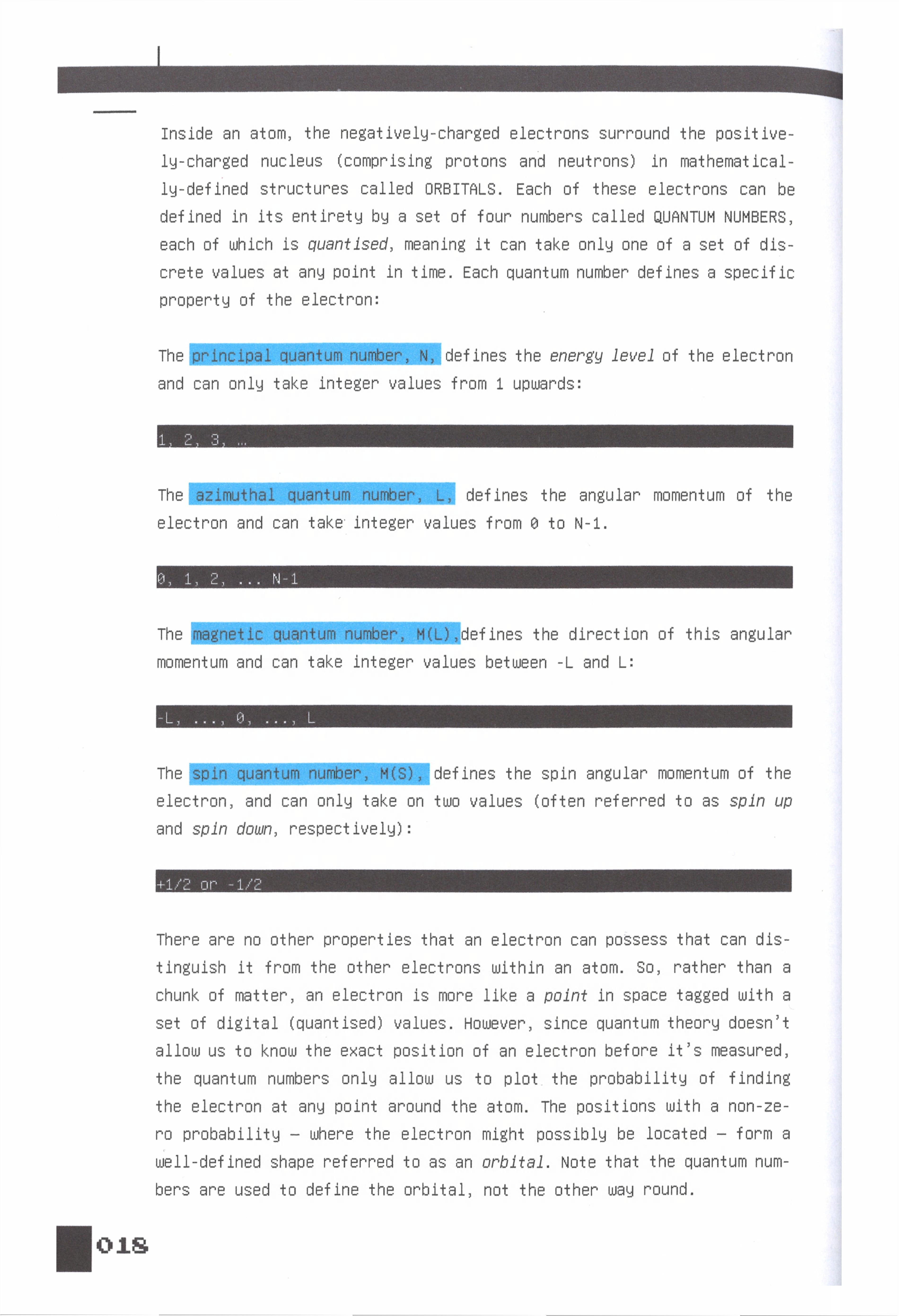





Another random document with no related content on Scribd:
general surroundings through half-closed eyes. There was the usual congestion round the three town wells which furnished the only supply of water for the county seat. Tank wagons plied between these wells and the surrounding country, supplying settlers with moisture at fifty cents a barrel. Carver straightened, suddenly alert, as a rider dropped from his horse at the end of the street. His left arm was bound stiffly at his side.
“Bart couldn’t wait for that shoulder to cure before he started hunting for Noll,” Carver said. He noted that two men had stepped in behind Bart. They were Mattison’s men and Bart had not progressed a distance of fifty yards from his horse before he was under arrest.
“That much accomplished,” Carver said. “Bart’s safe out of the way as soon as they get him to Caldwell. Now it’s narrowed down to Noll and myself. I don’t care overmuch for my job but she’d rather it would be me than Bart to go through with it—some one outside the family; and this will rule me outside for all time.”
Bradshaw rode into camp and joined Carver, leaving his mount with several other saddled horses that grazed close at hand. Mattison’s posse, down to the last man, was composed of old friends of Carver’s, former riders of the Strip. Their old calling gone, they now gravitated to any point which promised to afford a touch of excitement.
“They’ve let us alone for quite a spell now,” Bradshaw said. “Time something was breaking.”
A stiff wind screeched across the country and the two men sought shelter behind a pile of baled hay, sprawling comfortably in the sun until Mattison located them there and reported a bit of news.
“Headquarters has thrown off the bridle and issued orders to shoot down every man that tampers with the tracks,” he informed. “I just got the word. Now that we’ve got free rein we’ll clean up this mess.”
These instructions were passed out to all of the marshal’s men. Two hours after midnight Carver stood on the tracks with Mattison.
Both men turned to view a vague light that seemed to flicker up from near a string of buildings at one end of the main street. The high
wind which had prevailed throughout the day had died down within the past hour and in the resulting hush sounds could be heard at a considerable distance. The light increased and shed a pinkish glow over a portion of the sleeping town. A similar light, smaller and less evident, as if but a reflection of the other, appeared near the courthouse at the far end of the town. From somewhere there sounded the muffled thud of many hoofs.
“I wonder now,” Carver said, as he caught this sound. “An hour ago, before the wind went down, a fire would have wiped Oval Springs off the map—no water.” He listened again to the rumble of hoofs. “It’s come,” he announced. “Casa has been in a ferment for weeks, threatening to ride over and sack Oval Springs. Now they’re at it.”
Black smoke rolled above the pink glow which was rapidly swelling into a lurid glare. Tongues of scarlet flame now leaped above the buildings as the fire, started in the rear of them, licked hungrily up the back of the frame structures. There was a sudden clamor of voices as sleeping citizens were roused by the glare of the fire, then a roar of hoofs as forty horsemen thundered the length of the main street and emptied their guns at the store fronts. They wheeled and rode back through the street, shooting as they came, this last demonstration for the purpose of keeping citizens within doors until the flames had attained sufficient headway to spread beyond control.
The rumble of hoofs died out as the raiders pounded away toward the north and the population of Oval Springs boiled out to check the spread of the fire.
“It’s no affair of ours,” Mattison said. “Dog eat dog. Let ’em go. Wellman, our good sheriff, hasn’t exerted himself to help find out who’s been shooting my boys at night. Let him handle this deal himself.”
The Casa raiders had planned well and if the wind had held Oval Springs would have been reduced to ashes in an hour. But the fates had intervened. The wind had slacked off, then died, and now a reverse wind blew up and piled the flames back upon themselves. The fire at the courthouse had not attained sufficient headway and a determined body of citizens checked the spread of the flames. The
blaze at the north end of town was confined to the one section in which it started, the strong wind from the south beating back the flames which leaped high above the buildings. Men on adjacent structures stamped out the sparks which were belched far and wide as each burning roof sagged and fell with a hissing roar.
The conflagration lasted till dawn, was still smoldering when Carver retired to the bed tent where he slumbered till high noon. An hour after rising he sauntered along the tracks to the north for the purpose of chatting for an hour with Bradshaw, who was stationed within a short distance of camp. His friend was nowhere in sight.
“The sun’s nice and warm,” Carver said. “I’ll find Brad napping on the sunny slope of the grade.”
A bare flat extended for four hundred yards on the east side of the tracks. Beyond it the country was broken and rolling, studded with dwarf brush and scattered thickets of scrub oak. Carver located Bradshaw reclining on the west slope of the railroad embankment in the sun, his hat pulled over his eyes. When within a few feet of Bradshaw’s position Carver flinched convulsively as a rifle ball snapped past within a foot of his head. The thin crack of a rifle accompanied the sound and a faint spurt of blue smoke drifted hazily from a black-jack clump on the far edge of the flat. Carver cleared the edge of the grade at a bound.
No matter what else might occupy Carver’s mind, the thought of Noll Lassiter was ever in the foreground of his consciousness, would remain there until the matter between them was settled, and he knew without question who had fired the shot from the black-jacks.
“Close shooting for four hundred yards. That didn’t miss me an inch,” Carver said. “Get down!” he called sharply; for Bradshaw, thirty feet farther north, had been roused by the sound of the shot and Carver’s plunge down the sheltered side of the grade, and he had risen to his knees to peer off to the east. “Down, Brad! Duck under the bank!”
The warning command came too late. Bradshaw sprawled on his face and slid loosely down the embankment as the rifle spoke again from the thicket. Carver ran to his friend but Bradshaw was beyond
need of assistance. He opened his eyes with an effort as Carver knelt over him.
“I’m sorry, Brad,” Carver said. “He was out after me and got you instead when you raised up in sight. I’m sorry, old man.”
Bradshaw essayed a smile and made a feeble move to extend a hand for a farewell shake with his friend.
“It’s all right,” he said—and passed out.
Carver ran back toward the camp, keeping under cover of the embankment. Several men had heard the two shots and had mounted the tracks to determine their source. They saw Carver running toward camp and knew that the two stray reports had carried at least some significance.
“What’s up?” one man called as Carver came within hailing distance. He did not answer till after reaching the spot where a half-dozen saddled horses were grazing just outside camp, his own mount among them. He slowed to a walk lest he stampede the horses by a too precipitate approach. Mattison had come from the bed tent. Carver jerked a thumb back in the direction from which he had come.
“Some one downed Brad from the bush out across the flat,” Carver informed. “I’m going out to bring in the party that did it.”
The marshal turned to the men standing round.
“Saddles!” he ordered. “On your horses! Go bring him in!”
But Carver lifted a hand.
“This is my job,” he said. “I want him myself. He was trying for me— and Brad’s been my friend for fifteen years. Hold ’em back!” he insisted, as the men headed for their horses. He swung to the saddle. “Send up word to let Bart Lassiter out,” he called back, as he jumped his horse toward the tracks.
Mattison countermanded his previous order and the other men stayed in camp, cursing fretfully over this sudden turn in affairs which prevented their going.
Carver rode without caution, knowing that Noll would have departed immediately after firing the shots. The man would have a mile lead by now. The country to the southeast was a stretch of good land, solidly settled and thoroughly fenced. A rider heading that way would find his route confined to fenced section lines. Noll would head northeast where the country was rough and mostly unfenced. Carver lined his horse out at a run and after two miles he sighted his man, off to the left and a half-mile ahead.
When he saw him again the distance between them had lessened. Noll would hold on without stopping till he discovered the fact that a man followed him. Even then he would hesitate to dismount and attempt to bushwhack his hunter through fear that Mattison had turned the whole posse loose on his trail. Another half-mile and Carver glimpsed him again, this time less than four hundred yards in the lead. They passed out of the brush-covered area into a country that, while still rough, was covered only with coarse grass. It occurred to Carver that another few miles would bring them out into a good-land district, settled and fenced. Noll would never be crowded out into that section if he knew Carver followed, for he would be forced to travel along fenced roadways and settlers would witness his flight, establishing his identity.
As Carver crossed over a ridge he saw Noll again, only his head and shoulders visible as he rode straight away a scant two hundred yards ahead. Apparently he had no suspicion that there was a man on his trail, yet it seemed certain that before now he would have halted under cover of some ridge to scan his back track and ascertain if he were followed. If he discovered a rider behind him he would halt again at some other point to determine if others rode with the first.
It suddenly occurred to Carver that the swift lessening of distance between them was occasioned by this very thing. Noll had stopped under cover to view his back track; had halted again to make sure that but one man followed his trail. Even as this thought flashed into his mind Carver flung from the saddle and dropped flat on the ground.
He had ridden the length of a shallow draw and he left it only to discover that the landscape had flattened out into low waves of ground. It was the sight of the upper half of a riderless horse standing in the shallow depression beyond one of these waves which had occasioned his sudden fling from the saddle. Noll had dismounted in the next dip ahead, intending to shoot as Carver rode into sight.
Carver lay flat on his face and crawled thirty feet to the north through the shallow basin that sheltered him, then lifted his head cautiously and inspected his surroundings. His range was limited to a distance of fifty yards north and south. He might crawl back west for some twenty yards. The character of his surroundings rendered it impossible for him to move beyond this restricted area without showing himself to the man who was cached in a similar depression somewhere less than seventy yards east of him. And in all the shallow dip there was not one point of sufficient depth to permit of his straightening up on his knees without danger of bringing his head into view of the man who waited for him over across.
Inch by inch, Carver worked his way toward a spot where a few straggling stems of tall grass were scattered about. Poor cover this, yet even a few spears of grass break up the view to a surprising extent when one is prone on the ground. In thirty minutes he had covered as many feet. He removed his hat and elevated his head.
First he studied the character of Noll’s retreat,—a depression similar to the one which afforded him shelter, a trifle deeper perhaps and of slightly greater area. But Noll could not progress a hundred yards in any direction without coming into his view. Carver knew that somewhere over there Noll was watching for the first glimpse of him. He could see the empty scabbard on Lassiter’s saddle and knew that he was armed with a rifle. His own rifle remained on the saddle of the horse he could not reach without showing himself to Noll and he was armed only with the gun on his belt.
“He’s got me handicapped a trifle on location and weapons,” Carver reflected. “It’ll narrow down now to which one has the other out-
guessed for patience. What happened to Brad has put me in the humor to go through with my job.”
There was no breath of wind and the sun glared down into the depression with summerlike warmth. Carver crawled back to the lowest point in his basin and divested himself of his jacket. An old brake block, dropped from some chuck wagon in the old days of the round-up, was grown half over with grass. He pried the block from its resting place and regarded it, then set to work, first draping his jacket the length of the twenty-inch slab of wood and observing the effect from one side. Then he padded one shoulder with matted dead grass. His knife, its point stabbed solidly into one edge of the block, served as a handle. He crawled north through the depression, one arm extended, his hand clasping the knife and holding the contraption two feet before him and elevated to a point some ten inches higher than his own head as he lay flat on the ground. He progressed slowly, squirming forward a few inches at a time, wondering meanwhile if any one peering through the grass from a short distance away would mistake it for the flat of a man’s back and the hump of his shoulders. He covered ten feet; fifteen. When one peered through the grass from a prone position the view was none too distinct at best. He hitched forward another two feet. Surely he was holding the decoy sufficiently high to bring it into Noll’s range of vision. Another hitch of two feet, and suddenly his wrist was jarred by the sharp sidewise wrench of the knife as a rifle shot crashed forth from sixty yards to the eastward and the heavy ball tore through the jacket and the block across which it was draped. Carver emitted a single coughing gasp. A split-second later he flung one arm aloft, the fingers outstretched, closing them tightly as the hand was withdrawn. Then he turned back and crawled to his first point of vantage where the scattering stems of coarse grass would tend to break up the view.
An hour passed without a sound save the stamp of a hoof or the creak of leather as the two horses moved about a few yards away. A huge black buzzard wheeled high overhead. His spirals narrowed and a second vulture joined him. The two great birds soared on motionless wings a half-mile above the two quiet figures sprawled in
the grass a stone’s throw apart, each invisible to the other but quite visible to the carrion birds that hovered over the spot. Carver longed for a smoke. The craving for a cigarette became almost irresistible and in order to combat this urge he forced himself to speculate as to the sensations of the man in the opposite dip in the ground. He concentrated on this line of thought until the study assumed actual interest.
Noll, being uncertain on several points, would soon become restless, Carver reflected. He was half-convinced that Carver was dead. His thoughts would constantly revert to that coughing gasp that had followed his shot, that up-flung arm with the fingers clutching spasmodically at nothing. Carver had no such uncertainty to disturb him and congratulated himself upon this fact. Point by point he compared his own plight with that of the enemy.
Time was passing,—time which meant nothing to him and meant much to Lassiter. Noll must be wondering if any others of Mattison’s men had set forth on his trail. Perhaps they were working it out bit by bit and were even now nearing the spot. A dozen other contingencies might arise. A stray horseman might sight the two riderless horses and set forth to discover the reason. Carver had nothing to lose by discovery. He would profit from such intervention instead, but the injection of any such chance element would seal Lassiter’s doom. By thus dwelling upon Noll’s discomforts Carver was able to partially assuage his own,—all save that gnawing desire for a smoke. Another hour had passed. Then Carver’s mind snapped back from abstract imaginings to the world of realities.
A tuft of grass over across twitched sharply. It jerked again and Carver slid his gun out before him to the length of his arm. For a space of five minutes there was no other move and Carver relaxed, that insane urge to have a smoke at all costs mounting again. A bird hopped close to inspect him, its bright little eyes fixed on his own as it turned its head from side to side for a better view of him. The peak of a hat appeared above the grass tops sixty yards to the east. More of the hat was lifted slowly into view until the whole crown was visible. Carver pictured Noll’s eyes just beneath it, peering from under the brim.
But of course the thing was a plant. Noll would not lift his head with eight inches of hat above it to announce his position. He was raising the hat into sight with a stick to lure Carver into firing as Carver had decoyed him with the coat. Carver restrained the desire to shoot through the grass tops four inches below the crown of the hat. The thing disappeared only to come into view once more at a point some ten feet from the first. Again the move was repeated and this time the hat was thrust up abruptly as if its wearer could no longer exercise sufficient restraint to elevate it an inch at a time. Noll was becoming nervous, breaking under the strain. On the fourth event Carver saw a clear space between the grass and the hat. It dropped back but the crown remained in his range of view and for a space of ten minutes he kept his eyes on that dark spot in the grass.
A movement ten yards to the left of it challenged his attention. A second dark blot showed in the brown of the grass. It moved upward a fraction, the top of a head. Carver noted the slight sidewise motion as the man shifted for a better view. His gun hand contracted as he lined down the barrel but he loosened his fingers again. It would not do to shoot until he was sure, leaving him in the same state of uncertainty which now handicapped Noll. The sun was swinging low in the west. Another two hours and it would be too dark to see. If Noll could hold out until then he could make a clean get-away. If Carver gave a sign too soon Noll would know that his shot of two hours past had failed to locate its mark and he would stay under cover till nightfall and then make a run for it. It was the uncertainty that was breaking him down. Noll couldn’t go against another two hours of that sort of thing, Carver told himself.
He repeated this assurance a score of times after the head disappeared. Two hours of uncertainty for Lassiter—two hours of craving for just one cigarette for himself—which would win out? He composed himself for another long wait.
Then Noll’s head and shoulders appeared as he rose to his knees, only to be as quickly withdrawn from view as he dropped once more on his face. His voice rose from the opposite depression, hoarse and unsteady as he reviled Carver, hoping to taunt him into some answer,—the first sound of a voice in nearly three hours. There
came a crashing report from the dip and Carver’s horse went down in a heap, shot through the shoulders. The animal screamed once as it struggled on the ground. A spurt of blue smoke revealed the rifleman’s position but Carver knew that he was well below the danger line. The horse ceased struggling. A bubbling rattle announced the death of his favorite mount. The voice of the man who had fired the wanton shot rose with the sound.
“How do you like the sound of that?” he demanded. “That’s what will happen to you between now and dark.”
He leaped to his feet and stood facing Carver, then dropped back out of sight.
“He’s going to pieces,” Carver told himself. “He’ll make a break now most any time.”
The exertion and relief from inaction apparently had lessened the strain under which Noll had been laboring and he made no other move for many long weary minutes. Then, without warning, he was up and running toward Carver’s position, his rifle half raised before him. He was within forty yards; thirty. Then Carver lifted his forearm and fired. Lassiter tottered drunkenly and shot into the haze of smoke that floated before Carver’s gun. The ball plowed a furrow three inches from Carver’s ear and spattered fresh earth in his face. Carver shot twice again. For a space of twenty seconds he held his place in the grass, then sat up on his heels and twisted a cigarette.
